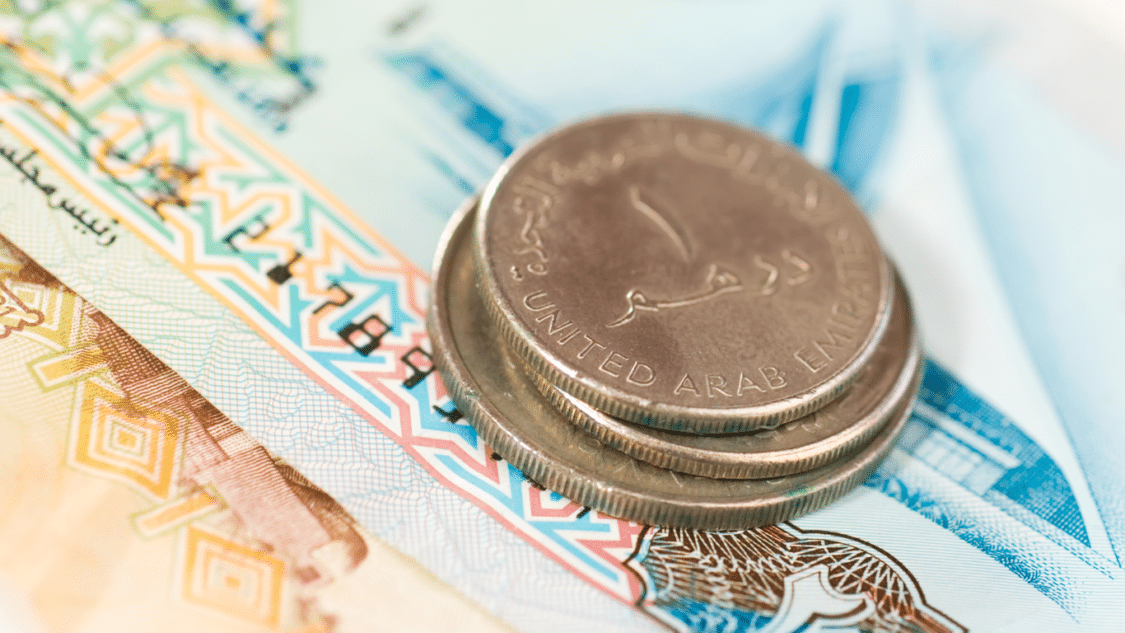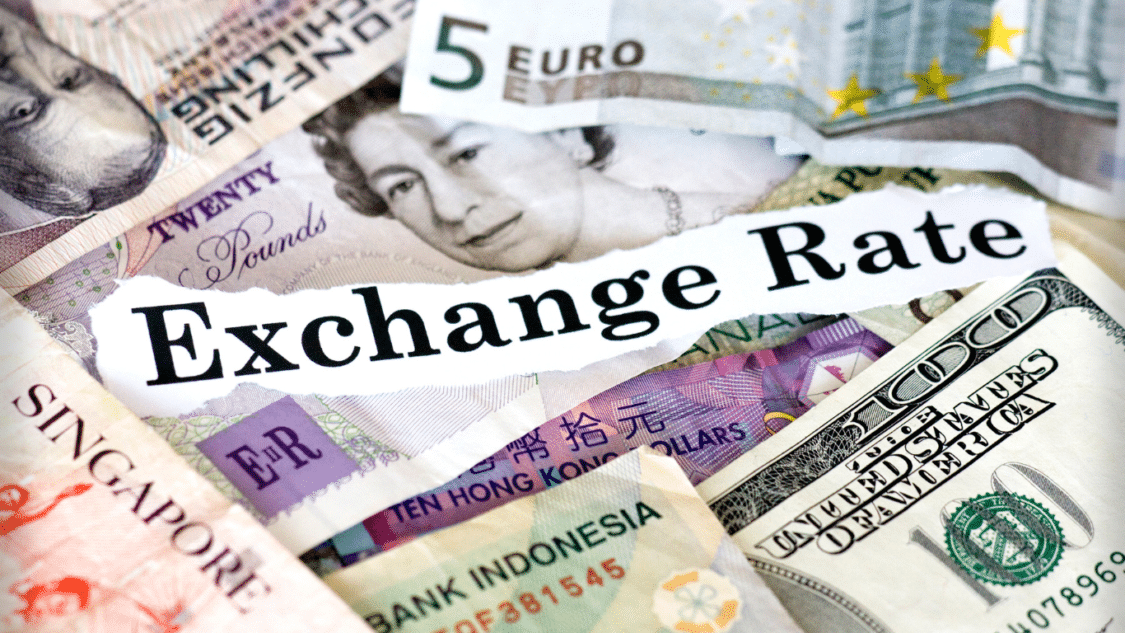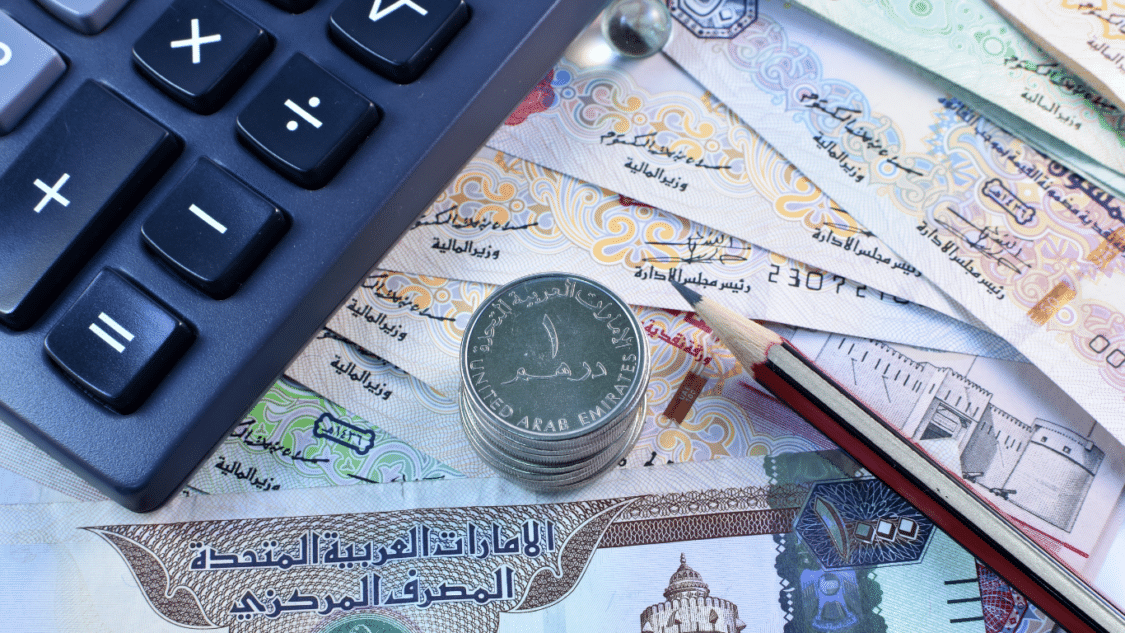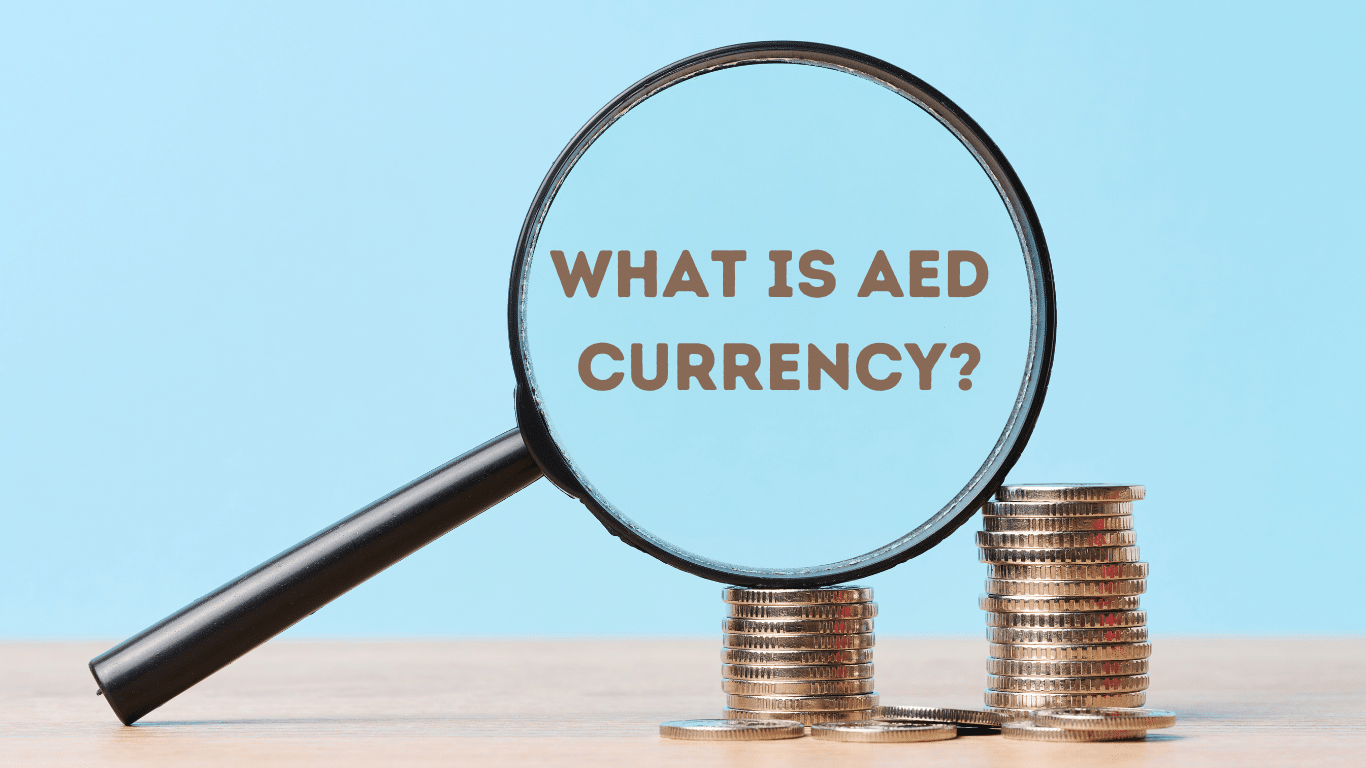The world of currencies can be complex and fascinating, with each country having its own unique currency. Among these, the AED currency is important in the global financial market. We will explore the mysteries surrounding the AED currency in depth. This includes understanding its significance and delving into its history and evolution. So, let’s embark on this journey of unravelling the AED currency and discover why it holds such importance in the international arena.
What Does AED Stand For?
AED stands for the Emirati Dirham, the official currency of the United Arab Emirates. The abbreviation “AED” is derived from the Arabic currency name, “Dirham.” It is important to note that “AED” is not an acronym and does not stand for any specific words.
What is AED currency and its significance?
The United Arab Emirates dirham, also known as AED, is the original currency of the United Arab Emirates (UAE). In 1973, a new currency replaced the Qatar and Dubai riyal at par. The AED is abbreviated as د.إ or Dhs and divided into 100 fils. As one of the most traded currencies in the world, the AED currency holds great significance in the global financial market.
The AED currency serves as a symbol of the prosperity and economic stability of the United Arab Emirates. It is recognized as a stable currency, which has contributed to the growth and development of the UAE’s economy.
The AED currency has come a long way since its introduction in 1973. Initially, the currency was pegged to the International Monetary Fund’s Special Drawing Rights (SDR), a basket of major international currencies. However, in 1997, the UAE decided to peg the AED currency solely to the United States dollar (USD), which has remained the case ever since.
This decision to peg the AED to the USD was a strategic move by the UAE government to ensure stability and attract foreign investment. The pegging of the AED currency to the USD has proven successful, as it has helped maintain a low inflation rate and promote economic growth.
Which currency is AED?
Now that we have explored the currency’s history and significance, let’s address the common question: which currency is AED? As mentioned earlier, AED stands for the United Arab Emirates dirham. It is the official currency of the United Arab Emirates and is used in all transactions within the country. The AED currency is denoted by the symbol د.إ or Dhs and is further divided into 100 fils.

It is essential to note that the AED is not used in any other country. If you’re planning to visit the UAE or engage in business with entities in the UAE, it is crucial to familiarize yourself with the AED currency. Understanding the currency will enable you to navigate financial transactions smoothly and make informed decisions while exchanging currencies.
Factors influencing the value of AED currency:
Various factors influence the value of a currency, and the AED currency is no exception. Understanding these factors can offer valuable insights into the behaviour of the AED currency and its variations. Several key factors influence its value, including:
- Oil Prices: The UAE is one of the largest oil producers in the world. Therefore, fluctuations in global oil prices significantly impact the value of the currency. When oil prices go up, it increases the value of the AED currency, as it boosts the UAE’s export earnings and strengthens its economy.
- Monetary Policy: The monetary policy implemented by the UAE Central Bank also plays a crucial role in determining the value of the AED currency. Adjustments in interest rates, money supply, and other monetary measures can affect the value of the AED currency.
- Economic Performance: The overall economic performance of the UAE, including factors such as GDP growth, inflation rate, and trade balance, influences the currency’s value. A strong and stable economy tends to attract foreign investors, increasing the value of the AED currency.
- Political Stability: Political stability is a vital factor in determining the value of any currency, including the AED. The UAE’s reputation as a politically stable country enhances investor confidence and strengthens the value of the currency.
Understanding these factors can enable individuals and businesses to make informed decisions when dealing with this currency, whether it’s for investment purposes or international trade.
AED currency exchange rates:
The value of currencies related to each other, known as exchange rates, is vital to international trade and cross-border transactions. The exchange rate determines one currency’s relative value, enabling individuals and businesses to convert their money into another for various purposes. When it comes to this currency, understanding the exchange rates is vital for anyone looking to engage in business or travel to the UAE.

The exchange rate of the AED is effected by a range of factors, like the supply and demand for the currency, interest rates, inflation rates, and geopolitical developments. The exchange rate between the AED and other major currencies, such as the USD, GBP, and EUR, fluctuates daily. Staying updated with the latest exchange rates is essential to ensure fair transactions and avoid financial losses.
Benefits of using AED currency:
Using this currency offers numerous benefits, both domestically and internationally. Let’s explore some of the advantages of using the AED currency.
- Stability: The AED is known for its stability, making it a reliable medium of exchange. The UAE’s strong economy and prudent monetary policies contribute to the stability of the AED currency, ensuring that it retains its value over time.
- Acceptance: The AED is widely accepted within the UAE, making it convenient for day-to-day transactions. Whether shopping at local markets, dining at restaurants, or paying bills, the AED is readily accepted, eliminating the need for currency conversion.
- Lower Transaction Costs: When using the AED in the UAE, you can avoid transaction costs associated with currency conversion. This can save you money, especially if you frequently engage in business or travel to the UAE.
- Tourism: The UAE is a common tourist destination, attracting millions yearly visitors. Using the AED currency while exploring the UAE can enhance your travel experience, enabling you to immerse yourself in the local culture and make transactions more efficiently.
AED is integral to the UAE’s identity and plays a big role in its economic growth and development. Whether you’re a resident, a businessperson, or a tourist, understanding and utilizing the AED currency can significantly enhance your financial dealings in the UAE.
AED currency in international trade and tourism:
The AED currency’s importance extends beyond the borders of the UAE, as it plays a crucial role in international trade and tourism. The UAE is a major global player in various industries, including oil, tourism, real estate, and finance. As a result, the AED is widely used in international business transactions.
The currency is used for invoicing, settlement, and financing in international trade. The stability and acceptability of the AED make it an attractive choice for businesses operating in the UAE. Additionally, the UAE’s strategic geographical location and world-class infrastructure make it a hub for international trade, further enhancing the importance of the AED currency in global business transactions.
Furthermore, the currency is prevalent in the tourism industry. The UAE’s world-renowned attractions, such as the Burj Khalifa, Palm Jumeirah, and Sheikh Zayed Grand Mosque, attract millions worldwide. Using the AED currency during their stay allows tourists to experience the local culture and make transactions more convenient.
Tips for exchanging currency for AED:
If you plan to visit the UAE or engage in business transactions, you may need to exchange your currency for AED. Here are some tips to consider when exchanging currency to AED:

- Research Exchange Rates: It is advisable to conduct research on exchange rates before exchanging your currency to ensure a fair deal. Compare rates different banks or currency exchange providers offer to find the best rate.
- Avoid Airport Exchanges: Exchanging airport currency often comes with higher fees and less favourable rates. It’s advisable to exchange your currency at local banks or authorized currency exchange providers for better rates.
- Consider Prepaid Travel Cards: Prepaid travel cards offer travel convenience and security. Look for prepaid travel cards that allow you to load AED onto the card, providing a hassle-free way to transact in the UAE.
- Notify Your Bank: If you plan to use your credit or debit card in the UAE, notify your bank beforehand to avoid any disruptions in card usage. Some banks may block card transactions if they see unexpected international activity.
- Carry Sufficient Cash: While credit and debit cards are widely accepted in the UAE, having some cash for smaller transactions or places that may not accept cards is always advisable.
Conclusion
The currency holds great importance in the international financial market. Understanding the currency, its history, and its significance is essential for anyone looking to engage in business or travel to the UAE. The stability and acceptability of the AED currency, coupled with the UAE’s strong economy, make it a reliable medium of exchange. Whether you’re a resident, a businessperson, or a tourist, utilizing the AED can significantly enhance your financial dealings in the UAE.

